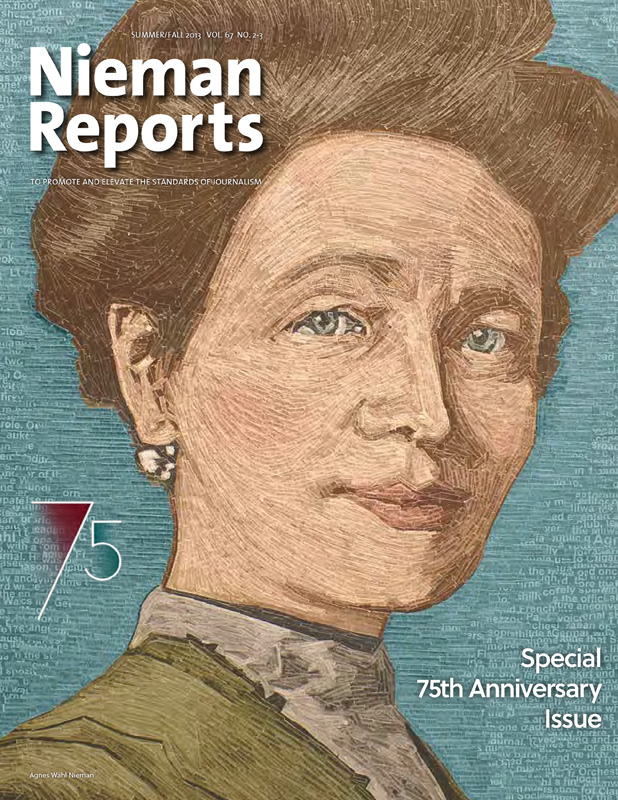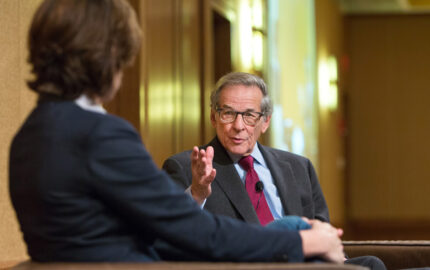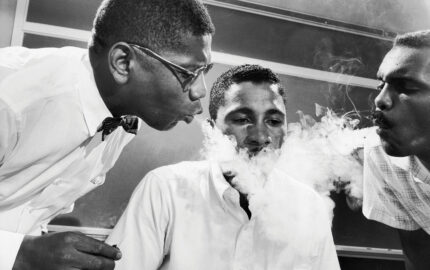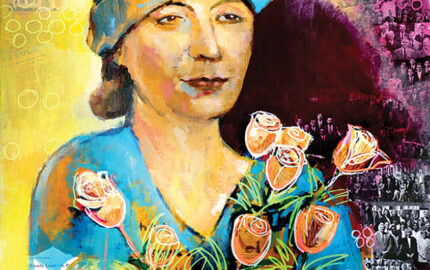After being hired for his first reporting job by W. Hodding Carter III, NF ’66, Williams spent 25 of his 35 years at The Charlotte (N.C.) Observer as editor of the editorial page
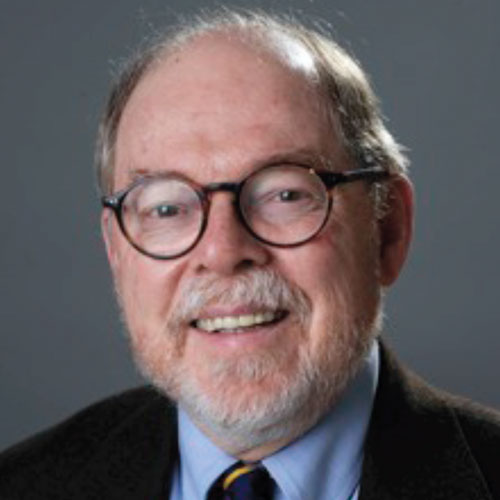
I came to Harvard in 1972 as a 30-year-old reporter from Mississippi whose newspaper experience amounted to five years at two small but excellent dailies, The Clarksdale Press Register and the (Greenville) Delta Democrat-Times. I wasn’t sure what I wanted to do next.
Though I enjoyed reporting, my greatest delight had come when I was editor of the student daily at the University of Mississippi in the turbulent era following the school’s court-ordered integration. I wrote editorials that spoke strongly on challenges facing my community, and I saw the value of newspapers as a forum for presenting unpopular as well as popular views.
The Nieman program required Fellows to do all the work in one course per semester. I chose Tom Pettigrew’s course on race relations. My term paper topic was the Nieman relationship with South Africa. After World War II, the Nieman program began accepting foreign journalists financed by various foundations. In 1960, the program welcomed its first South African. The Fellowship alternated between the English and the Afrikaans press, but when black journalists sought to become Fellows, the South African government would grant them only exit visas. To come to Harvard would mean lifelong exile, and the heartbreak that entails. This wasn’t the fault of white South African journalists or the U.S.-South Africa Leader Exchange Program, which funded the fellowship. They pushed the government to change that policy, to no avail. In my paper for Pettigrew’s class, I concluded the Nieman program’s relationship with South Africa amounted to a tacit acceptance of apartheid. If the program could not accept black Fellows on the same basis as whites, I argued, it should terminate its relationship with South Africa. In time the policy changed, and so did South Africa.
That experience set my course in journalism. Soon after my Nieman year, I asked my friend and mentor Reese Cleghorn how to get into editorial writing. Come join me at The Charlotte Observer, he said. I did. A few years later, I succeeded him as editor of the editorial pages. Over the years, I butted heads with Jesse Helms, contributed columns and editorials to two Observer projects that won Pulitzer Prizes for Public Service, and debated the important issues of my time. It was the right career for me, and the Nieman year helped me find it.

